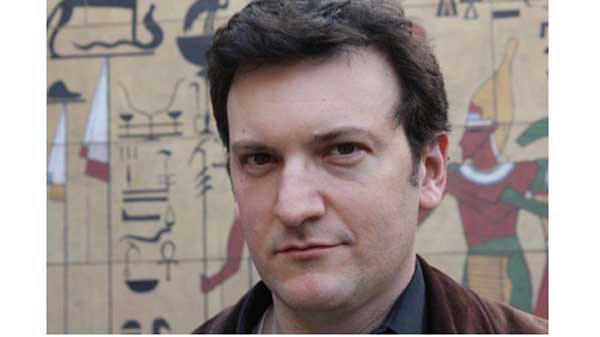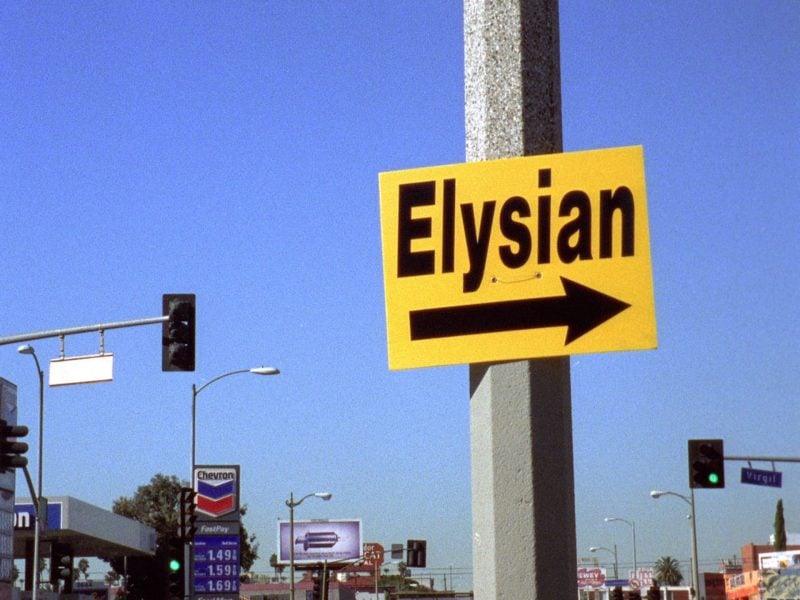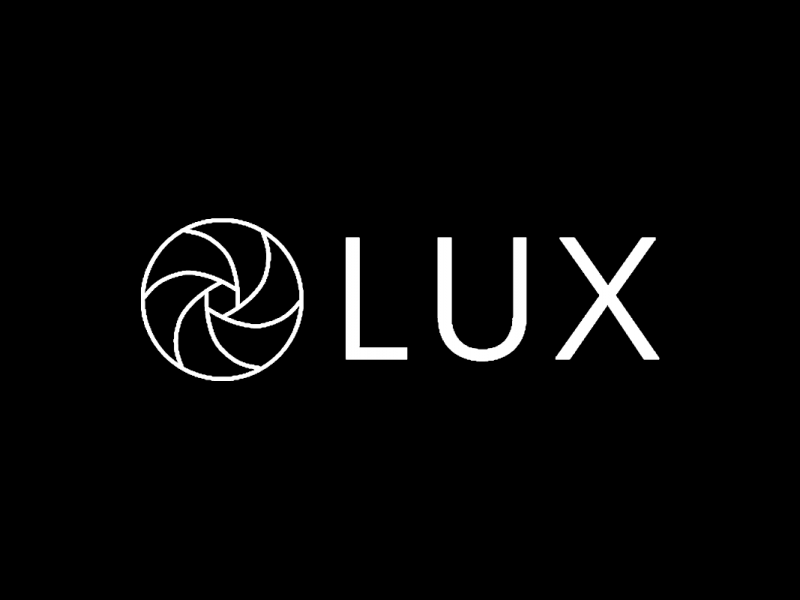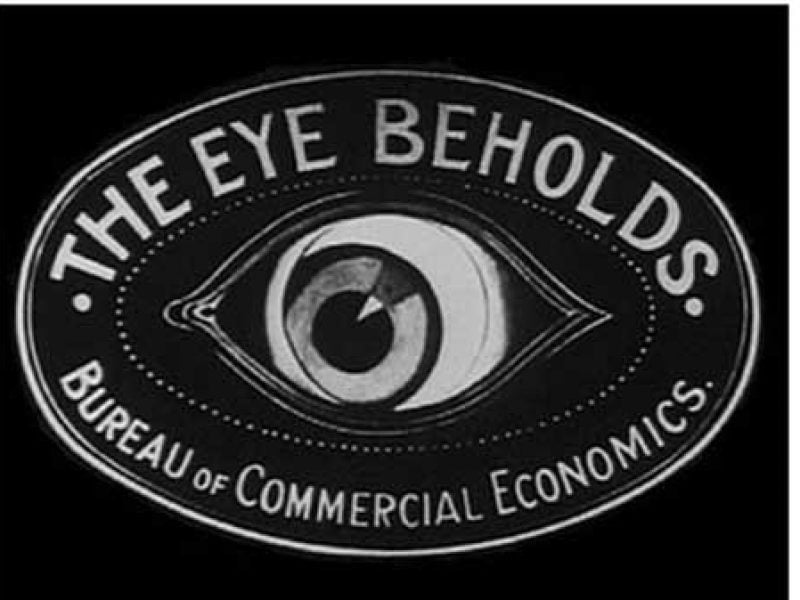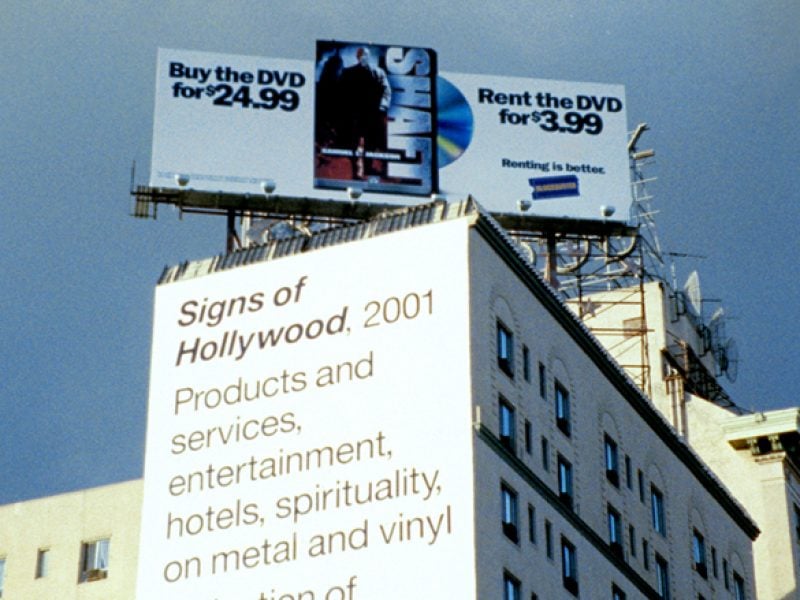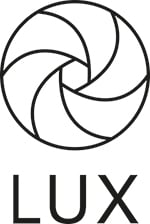While on a recent screening tour through the USA, LUX artist Stephen Connolly had a chance to interview LA Filmforum Executive Director and programmer Adam Hyman. Read Connolly’s other interviews with film curators and programmers on our blog: Portland’s Cinema Project and Milwaukee’s Union Theatre Programmer David Dinell
Stephen Connolly: What is Los Angeles Filmforum?
Adam Hyman Filmforum is the city’s longest running institution dedicated to the screening of experimental film and video art, documentaries and experimental animation. We screen 30–35 shows a year, mostly on the second screen – the Spielberg Theater – at the Egyptian Theatre on Hollywood Boulevard.
SC: How did you start programming?
AH: The first thing I programmed was in 1998 – a Shirley Clarke retrospective because she had recently died. It became a big affair – with 7 shows at Filmforum, UCLA Film and TV Archive and KAOS (another venue in LA). This turned out really well and I got the programming bug.
I do the majority of the Filmforum programming (we have 3 associate programmers) and ultimately co-ordinate the whole schedule. We have a film programmers list here in LA, the venues can co-operate on shows across venues and visitors can present in multiple venues because the city is so big.
SC: Filmforum’s relationship with an audience?
AH: I would hope one gets a regular audience that trusts your programming enough that they come to see someone they never heard of – because you program them. It’s not that large a scene – it never has been. There was small heyday in the 60s when it was linked much more to the underground scene as well so just as you could have some sex or some scatological thing – it’d be at midnight, you’d get big crowds. A standard audience today is around 15 to 40 people.
What is interesting is people still go much more to filmmaker-based shows rather than thematic-based shows – you need have to have the filmmaker present and all of the work in the show most of it will be by one person.
I had not really thought much about the notion of the screening being the key event of the film until recently. So it’s not the text of the film, which is the key point of analysis, it is the event of the screening. The film is one of the many factors – the screening is the point at which viewers, texts and artists come together, and then it scatters as the people take their experience, reflection and memories of it outwards onto others.
SC: Do have to have a college education to be able to see/appreciate the work you show?
AH: When I started at Filmforum, Thom Anderson was programming and he always wanted to keep things at a certain high level. I liked that idea, but not always, so I definitely like having shows that do not require a college education necessarily to appreciate them. I try to have shows with performance and abstraction and I hope people could just get them – get into the kinetic experience or whatnot.
Our audience is generally a well-educated, thoughtful audience and the films require thought and investment to view them. It takes going back and thinking and becoming open to appreciating the work – as opposed to just pushing it off because it is not easy. It becomes a choice at some point – to be willing to invest in something that makes you think.
Somebody asked me, “aren’t experimental films all the same?” And I don’t think so. To me there is an obvious shift going on. I think landscape films are a way of trying to take certain experimental techniques, but more importantly larger notions of looking deeper into the world, and looking at how it is perceived, and trying to be invested in the world and how is constructed in a way that structural films are not concerned with.
SC: A program you’d like to do?
AH: For years I’ve be fascinated in ‘Animated Documentaries’. There is a lot of great creative work – once you say to yourself as a filmmaker you’re going to do an animated documentary – it’s an oxymoron to most people – so you’re obviously going to be dealing with the possibilities of the medium: you’re testing the boundaries of both animation and documentary, and you have to be a thoughtful filmmaker. The work that deals with these boundaries is very often really good. There are certain conventions that come into play with using animation in a documentary context – notions of where the veracity of the film lies (which is then generally in the aural component); why do people trust videotape; how does this relationship affect the nature of the images –and so on. Animation can also be generally used with interviews with people who do not want their faces seen – or passages trying to reflect mental states. To me these questions are all a legitimate part of the overall art of filmmaking.
SC: Explain your interest in documentary?
AH: I think the world is a marvelous place full of wonders and delights and I think film is a wonderful medium full of great possibilities and in my opinion documentary is most frequently the place where these things intersect. And so for me, whatever varied forms of the documentary: whether it is the character-based narrative structure following a central character who undergoes significant life changes (the most standard form of documentary practice today); or direct cinema form; or a static long term locked off camera film; or observational or animated documentaries; or essay films; or films which just mix all these components, playing against or refracting all these possibilities in the process of reflecting truths and sometimes facts (and they can be emotional or intellectual truths – I am fine with both); seems to me to be a never ending source of possibility and absorption. I always hope what comes across in thoughtful films of this kind is also conveying to other viewers a sense of the possibilities and wonders of the world.
SC: Is there community of artist filmmakers in LA?
AH: There is a community of filmmakers. It’s not big. It grows in fits and starts. I don’t think they see themselves as in opposition in Hollywood – I think it becomes more an attempt to find a deeper level of expression for themselves in the medium. There is not a cleanly oppositional stance.
Many of people working in experimental film also work in the industry for a living – they use their knowledge – it goes back and forth both ways – Pat O’Neill most famously. Most of the people who did the effects in Star Wars were CalArts graduates. George Lucas always used to claim he was an experimental filmmaker at heart. He might have been for a short period of time but he very quickly decided that being a business tycoon is better.
Links to Artist/Experimental Film Screens in Los Angeles:
www.lafilmforum.org
www.redcat.org
www.echoparkfilmcenter.org/
www.lacma.org/programs/FilmSeriesSchedule.aspx
www.cinema.ucla.edu/public/calendar/calendar_f.html
http://americancinematheque.com/
The Most Typical Avant-Garde – History and Geography of Minor Cinemas in Los Angeles, David James
Indiewire interview with Thom Anderson on Los Angeles Plays Itself

